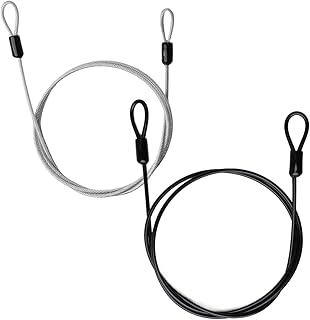Small businesses in NSW, particularly those involved in e-bike sales and hire, were caught off guard by the implementation of stricter standards for e-bikes starting in February. The State Government’s move to enhance regulations stemmed from safety concerns following incidents of fires associated with lithium batteries used in e-bikes and e-scooters.
One such business owner, Steve Kimber, expressed surprise at the lack of prior information regarding the new rules. Kimber, who runs an e-bike hire service in Nambucca Heads, initially felt burdened by what he perceived as excessive bureaucratic requirements. However, subsequent investigations revealed that his fleet of eight e-bikes had already met the updated safety standards.
Since 2021, when e-bikes for hire were first introduced at Kimber’s newsagency, these eco-friendly modes of transport have gained popularity among tourists in the area. Despite not being a significant revenue stream for his business, the e-bikes have been well-received by customers.
The regulatory changes, which were announced midway through 2024 and came into effect in early 2025, necessitate that all e-bikes sold or available for hire comply with the revised safety standards. The State Government’s initiative aims to mitigate the risks associated with substandard products entering the market, especially those with lithium batteries prone to causing fires.
Following a recent visit from a NSW Fair Trading representative, Kimber was informed that his existing e-bikes, batteries, and chargers needed to undergo testing to ensure compliance with the updated safety protocols. Despite his initial skepticism, further inquiries and certification processes confirmed that his e-bikes met the required standards.
Industry experts emphasize the importance of adhering to safety guidelines, particularly concerning micromobility devices like e-bikes and e-scooters. The misuse of charging devices, incompatible batteries, and substandard products pose significant fire hazards, as evidenced by the spike in battery-related incidents reported in recent years.
According to NSW Fire and Rescue, micromobility devices were responsible for a considerable portion of battery-related fires in 2024. The misuse of charging equipment and poor-quality components were identified as common causes, underscoring the need for strict adherence to safety standards to prevent accidents and fatalities.
While businesses selling quality, compliant products are expected to face minimal disruptions due to the new regulations, sellers of non-compliant or counterfeit goods will need to reassess their supply chains to meet the safety requirements. The collaboration between regulatory bodies and industry stakeholders aims to ensure a smooth transition to the updated standards.
Looking ahead, the focus remains on enhancing safety measures within the e-bike industry to prevent accidents and fires caused by substandard products. By enforcing stringent regulations and promoting industry compliance, authorities aim to safeguard consumers and businesses alike in the evolving micromobility sector.
📰 Related Articles
- NSW Police and Council Promote E-Bike Safety Awareness
- NSW Inquiry Proposes E-Bike and E-Scooter Safety Reforms
- Urgent Calls for Stricter E-Scooter Safety Regulations in Australia
- Teen’s E-Bike Tragedy Highlights Importance of Safety Measures
- Surge in Child E-Bike Injuries Sparks Safety Concerns in Australia






